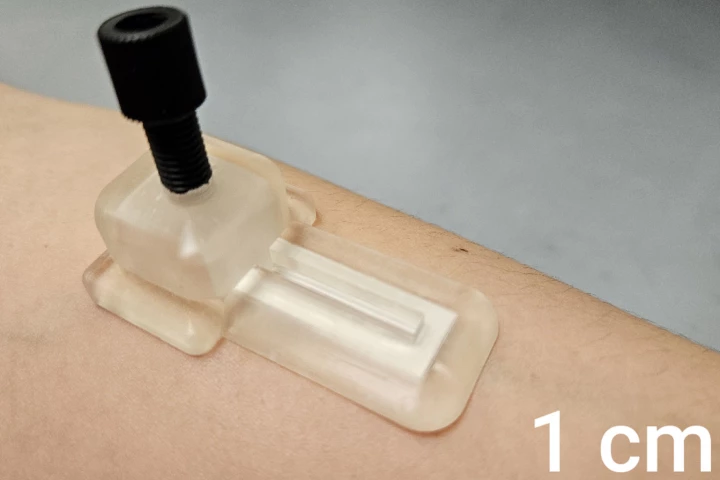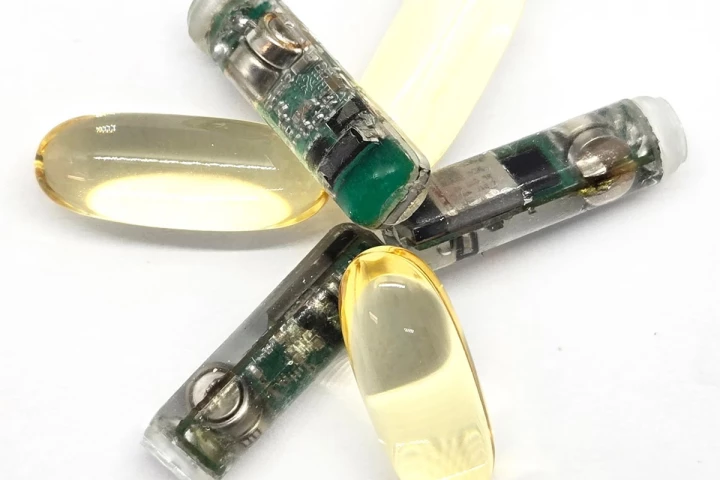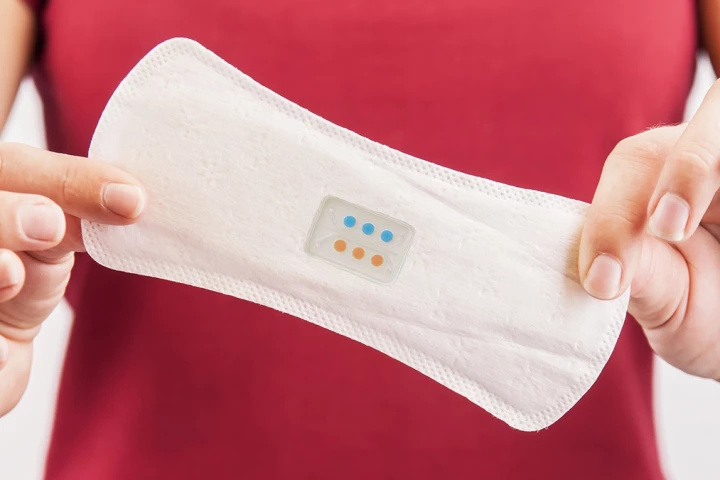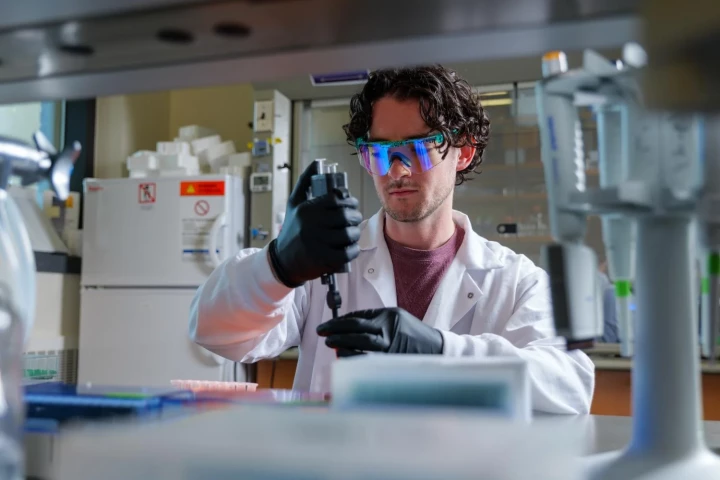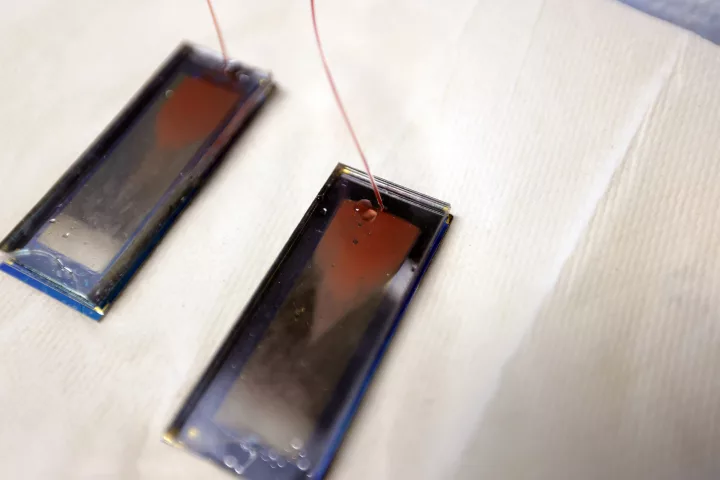Biomarkers
-
In a breakthrough for diagnostics, scientists have created an effective and easy test that identifies a heart failure biomarker in saliva, opening the door to more rapid and accessible life-saving medical interventions for this disease – and others.
-
Signs of immune system aging appear years before rheumatoid arthritis takes hold, offering new hope for early diagnosis and treatments that could slow or stop the disease before it starts, according to new research.
-
Nobody likes having blood samples taken, which is why it's always good to hear about possible alternatives. One of the latest takes the form of a self-powered skin patch that painlessly gathers biomarker chemicals for up to 24 hours at a time.
-
Scientists have identified the first brainwave biomarkers for obsessive-compulsive disorder, or OCD. The discovery opens the door to personalized, on-demand brain stimulation that targets distressing compulsive behaviors as they arise.
-
Researchers from Caltech have developed a wireless smart capsule packed with tiny sensors to monitor the workings of your GI tract. This could help us get a better sense of our gut health, with the convenience of a pill you can swallow.
-
Researchers have developed a first-of-its-kind wearable tech that quickly, simply, and non-invasively tests for important health markers using menstrual blood. The affordable device could revolutionize women’s healthcare.
-
The Michael J. Fox Foundation for Parkinson's Research has partnered with global healthcare company Grifols to identify biomarkers of Parkinson’s disease well in advance of symptoms appearing. The initiative could lead to new diagnostic tools and treatments.
-
Nobody enjoys giving blood samples, but it’s a necessary part of doctor visits. Soon we might not have to, thanks to a new device that can isolate biomarkers for different diseases using sound waves, from a single drop of blood, in around an hour.
-
A tiny chip with a unique surface can accurately detect the blood biomarkers of a heart attack within minutes, a fraction of the time taken by current methods. The researchers behind the device see it being used as an at-home diagnostic tool.
-
Researchers have developed a blood test that can accurately detect whether someone has been awake for 24 hours or more. They foresee the test being used like those that measure alcohol concentration or test for the presence of drugs in drivers.
-
Researchers have developed a chip that analyzes a patient’s blood for cancer cells, enabling physicians to determine whether lung cancer treatment is working by as early as the fourth week and allowing them to alter treatment as needed.
-
A new study has found that experiencing financial strain, of all life's stressors, had the strongest detrimental effect on the immune, nervous, and endocrine systems that, together, are crucial for maintaining good health.
Load More


